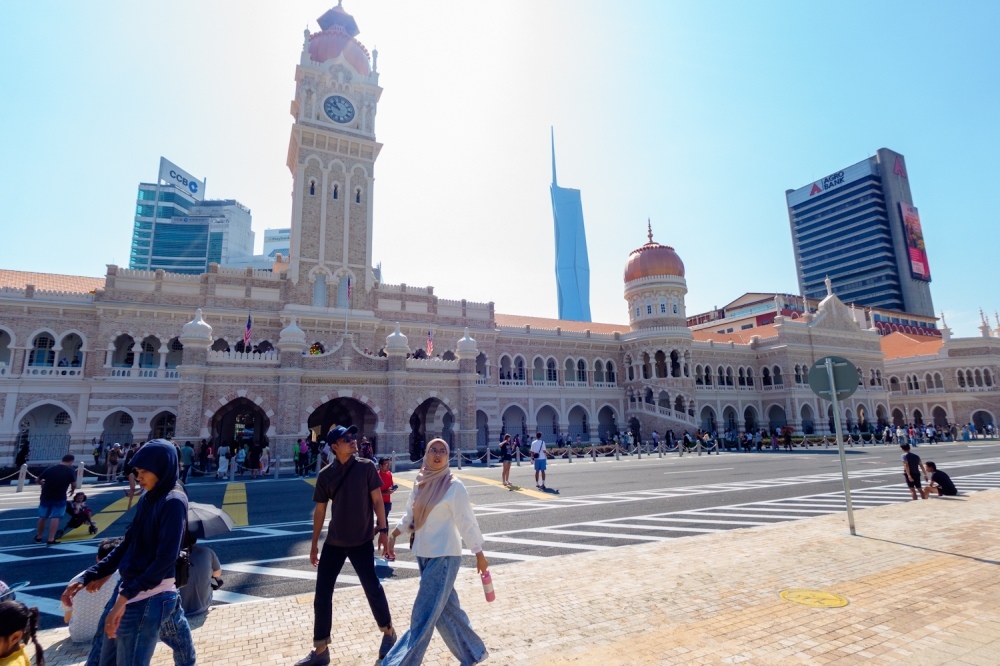MARCH 7 — I believe there has been much misunderstanding over the proposal to revise downwards the RM1,100 minimum wage according to sectors. As an employer who runs a small retail business in Kuala Krai, I mingle a lot with fellow businessmen across different sectors.
At the end of the day, what we, the business community want, is a conducive ecosystem for us to operate. Forcing a blanket ruling of RM1,100 minimum wage across Peninsula Malaysia may not be the best thing to do, not just from the employers’ perspective, but for workers’ and the people in general.
One must take cognizance of the regional and sectorial disparities across the country. For example, the monthly rental for a restaurant shoplot in the heart of Kuala Lumpur could be the total expenses for a restaurant for several months in Grik, Perak. A worker and his or her family may get by with a monthly salary of RM3,000 in Grik, but not in the Klang Valley.
While the floor wage policy may have been driven by the best of intentions, but if it’s poorly executed, could have adverse impact on not just employers, but the economy as a whole. As it is, the business community, especially those away from major cities and towns, is already feeling the effects of the increased minimum wage to RM1,100 starting this year.
With the economy sluggish, we try our best to cap our expenses, of which the largest chunk usually goes towards wages. If employers could not cope with paying artificially derived (as opposed to market-driven) wages, many would have to cease operations.
If that happens, it’d be the workers who would be out of jobs. This could lead to a domino effect of the economy going into a tailspin. At the end of the day, it’d be the SMEs that would be hit hard. As we know, SMEs are the biggest employer in our economy.
Worldwide, there has not been significant evidence that increasing the minimum wage lead to better workers’ welfare, or even bring about a thriving economy. In fact, the reverse may be true.
Starting this year, New York City had raised the minimum wage to US$15 an hour from US$13 before this. The US Federal legislature is considering its nationwide implementation (the current federal minimum wage is US$7.25 since 2009).
But the pushback from economists has been intense. Their main concern is that it’d lead to increased unemployment. Amazon-owned grocery chain, Whole Foods, had also starting January this year, raised the minimum wage to US$15 an hour. But employees did not enjoy higher take-home pay as the company slashed working hours and overtime.
In conclusion, we should not be naive about minimum wages. Human Resources Minister, M. Kulasegaran was just being practical and far-sighted when he floated the idea of sectoral-based floor wages. What matters most is the workers’ welfare which hinges on the economy as a whole.
*This is the personal opinion of the writer or publication and does not necessarily represent the views of Malay Mail.





















